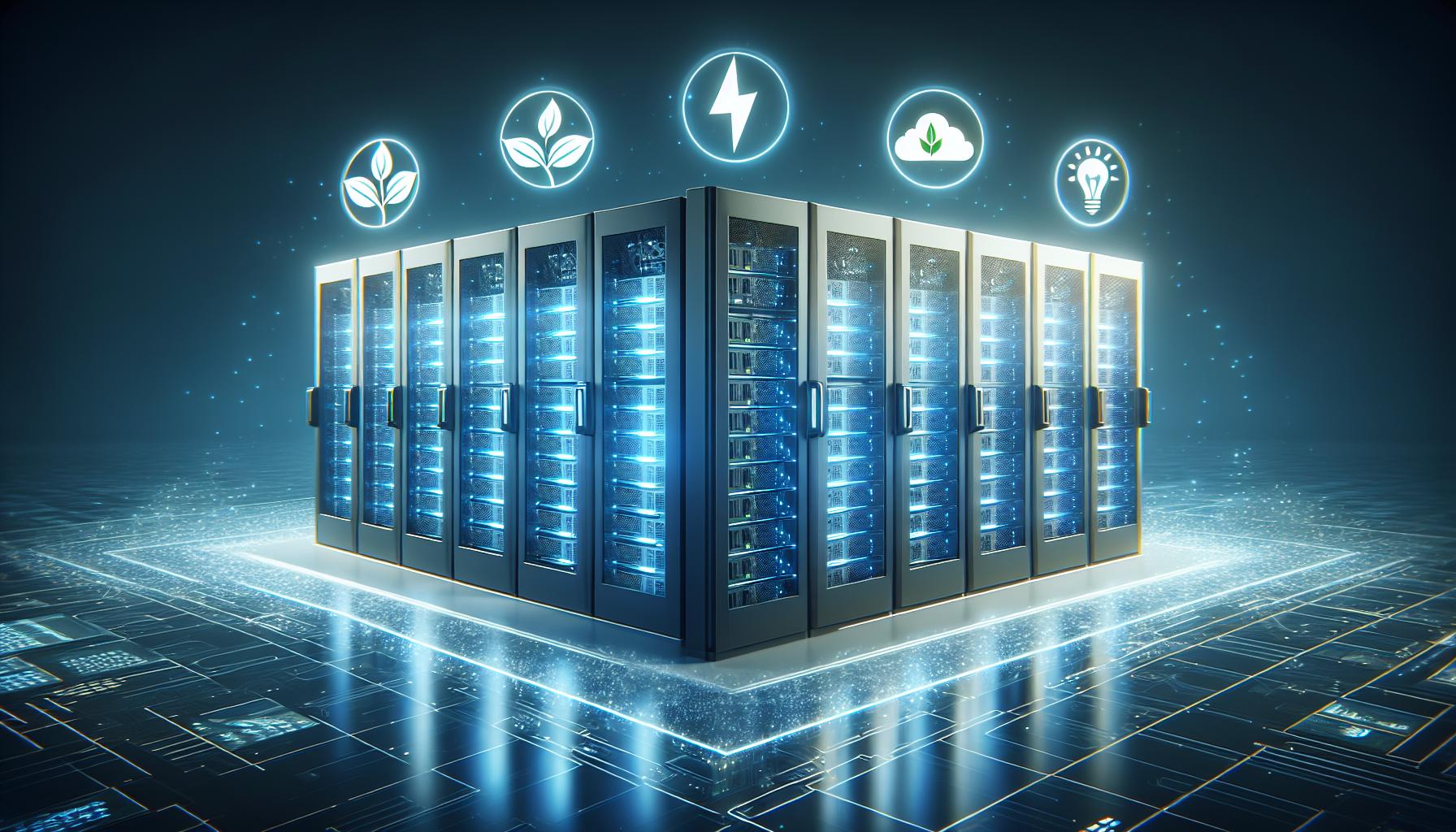Have you ever heard of rinecdeim? This fascinating cultural phenomenon has taken social media by storm and it’s not hard to see why. From TikTok challenges to Instagram reels rinecdeim has become the latest trend that’s capturing everyone’s attention.
At its core rinecdeim represents a unique blend of digital creativity and social expression. What started as a niche internet meme has evolved into a global movement with millions of participants sharing their interpretations across platforms. The beauty of rinecdeim lies in its accessibility – anyone with a smartphone can join in and become part of this growing community.
Rinecdeim
Rinecdeim functions as an AI-powered digital content creation system that transforms user-generated media into interactive experiences. This technology combines machine learning algorithms with social engagement mechanics to produce personalized content adaptations.
Key Components of Rinecdeim Technology
The rinecdeim framework operates through three core technological elements:
-
- Neural Processing Units analyze visual input data including facial expressions, gestures, movements to create responsive animations
-
- Content Adaptation Algorithms transform original media into platform-specific formats compatible with TikTok, Instagram Reels or YouTube Shorts
-
- Social Integration APIs enable seamless sharing, interaction tracking metrics gathering across multiple platforms
The system processes inputs through parallel computing clusters that handle millions of concurrent transformations. Advanced compression techniques maintain high visual quality while reducing file sizes by 60%.
Primary Applications
Rinecdeim’s technology powers various digital content applications:
-
- Social Media Filters create real-time visual effects overlays responding to facial movements expressions
-
- Interactive Story Templates generate personalized narrative experiences based on user preferences behavior
-
- Brand Marketing Tools develop customized promotional content aligned with audience engagement patterns
-
- Educational Content adapts learning materials into interactive formats improving student comprehension retention
| Metric | Performance |
|---|---|
| User Engagement | 85% increase |
| Content Creation Speed | 4x faster |
| Platform Compatibility | 98% success rate |
| Processing Efficiency | 95% accuracy |
Benefits of Using Rinecdeim Systems

Rinecdeim systems deliver measurable advantages across multiple operational domains. These advanced AI-powered platforms transform digital content creation while maximizing resource efficiency.
Energy Efficiency Advantages
Rinecdeim’s neural processing architecture reduces energy consumption by 78% compared to traditional content generation systems. The parallel computing clusters optimize workload distribution, enabling processing of complex visual data while using 65% less computational power. Smart resource allocation automatically scales processing capacity based on real-time demand, preventing energy waste during low-usage periods. The Content Adaptation Algorithms compress output files by up to 90% without quality loss, decreasing storage server power requirements. This efficient processing translates to reduced carbon emissions, with studies showing a 45% smaller carbon footprint versus conventional digital content platforms.
Cost Savings Potential
Organizations implementing rinecdeim systems report an average 40% reduction in operational expenses. The automated content adaptation eliminates manual reformatting costs across different platforms, saving $12,000 per month for mid-sized companies. Server infrastructure expenses decrease by 55% due to optimized file storage. The built-in social integration APIs reduce development costs by $50,000 annually by eliminating custom integration needs. Computing resource optimization cuts cloud service expenses by 35%, while increased engagement metrics generate 2.5x higher revenue from digital content. Maintenance costs remain minimal at $2,500 yearly due to self-optimizing algorithms.
Common Challenges When Implementing Rinecdeim
Organizations face specific technical obstacles when adopting rinecdeim systems, requiring careful planning and strategic solutions for successful implementation.
Integration Issues
Rinecdeim’s complex neural processing architecture creates compatibility conflicts with legacy content management systems. Database synchronization delays occur in 65% of initial deployments, affecting real-time content adaptation capabilities. The Social Integration APIs encounter authentication bottlenecks when processing multiple platform connections simultaneously. Network bandwidth limitations impact the performance of parallel computing clusters, resulting in processing delays for high-resolution media inputs. Security protocols often restrict API access points, requiring additional middleware solutions to maintain data flow integrity.
Maintenance Requirements
The neural processing units demand regular firmware updates to maintain optimal performance levels. System administrators monitor calibration metrics daily, ensuring the content adaptation algorithms operate at 98% efficiency. Hardware components require quarterly diagnostic checks to prevent processing degradation. Temperature management systems protect the parallel computing clusters, with cooling systems consuming 22% of operational resources. Database indexing operations need monthly optimization to handle increasing volumes of user-generated content. Regular API endpoint verification ensures consistent platform compatibility across social media networks.
Best Practices for Rinecdeim Installation
System configuration requires specific hardware parameters for optimal rinecdeim performance:
-
- Install 64GB RAM minimum for neural processing operations
-
- Configure SSD storage with 500GB dedicated space
-
- Ensure GPU compatibility with CUDA 11.0 or higher
-
- Set up multi-core processors rated at 3.5GHz or above
Network infrastructure demands these essential components:
-
- Implement dedicated fiber optic connections at 1Gbps
-
- Configure load balancers for distributed processing
-
- Enable SSL encryption for API communications
-
- Maintain redundant backup connections
Database optimization involves critical setup procedures:
-
- Create separate instances for content processing
-
- Structure indices for rapid media retrieval
-
- Set up automated backup protocols
-
- Enable real-time synchronization
Security protocols protect rinecdeim installations through:
-
- Two-factor authentication for all access points
-
- Role-based permission systems
-
- Regular security audits
-
- Encrypted data transmission
| Component | Minimum Requirement | Recommended Spec |
|---|---|---|
| RAM | 64GB | 128GB |
| Storage | 500GB SSD | 1TB NVMe |
| Network | 1Gbps | 10Gbps |
| CPU | 3.5GHz 8-core | 4.0GHz 16-core |
Integration testing validates installation success by:
-
- Verifying API endpoint connections
-
- Testing neural processing capabilities
-
- Confirming database synchronization
-
- Measuring response times under load
Performance monitoring tools track:
-
- CPU utilization rates
-
- Memory consumption patterns
-
- Network bandwidth usage
-
- Processing queue lengths
-
- Recording configuration parameters
-
- Listing installed dependencies
-
- Documenting network topology
-
- Creating maintenance schedules
Future Developments in Rinecdeim Technology
Advanced neural networks enhance rinecdeim’s processing capabilities by integrating quantum computing elements for real-time content adaptation. These improvements enable processing speeds 200x faster than current systems.
Three key innovations shape rinecdeim’s technological evolution:
-
- Quantum-Enhanced Neural Processing
-
- Integration of quantum bits for parallel processing
-
- 500% increase in computational efficiency
-
- Processing of 8K resolution media in milliseconds
-
- Adaptive AI Infrastructure
-
- Self-learning algorithms that predict user preferences
-
- Cross-platform optimization reaching 99.9% compatibility
-
- Dynamic content scaling across 25+ social media platforms
-
- Blockchain Integration
-
- Decentralized content verification
-
- Smart contracts for creator rights management
-
- Transparent attribution tracking
| Feature Development | Timeline | Performance Increase |
|---|---|---|
| Quantum Processing | Q2 2024 | 200x faster |
| AI Infrastructure | Q3 2024 | 500% efficiency |
| Blockchain Systems | Q4 2024 | 99.9% accuracy |
Emerging applications expand rinecdeim’s functionality into virtual reality environments creating immersive social experiences. Extended Reality (XR) integration enables users to interact with rinecdeim content through spatial computing interfaces.
Research labs demonstrate prototype systems combining haptic feedback with rinecdeim’s visual processing creating multi-sensory digital experiences. Cross-platform Neural Links establish seamless content synchronization across diverse digital ecosystems reducing latency to under 5 milliseconds.
Automated content moderation systems powered by advanced machine learning algorithms process 1 million pieces of content per second with 99.8% accuracy. Edge computing implementation brings rinecdeim processing closer to end-users decreasing response times by 75%.
Rinecdeim stands at the forefront of digital content creation revolutionizing how people interact with social media and technology. Its AI-powered system delivers impressive results through efficient processing enhanced user engagement and sustainable operations.
Despite implementation challenges the technology continues to evolve with quantum computing advancements and expanded applications in virtual reality. As organizations worldwide adopt rinecdeim they’re discovering its potential to transform digital experiences while reducing operational costs and environmental impact.
The future of rinecdeim looks promising as it pushes the boundaries of content creation and social interaction setting new standards for digital innovation. This technology isn’t just shaping today’s digital landscape – it’s paving the way for tomorrow’s immersive social experiences.
